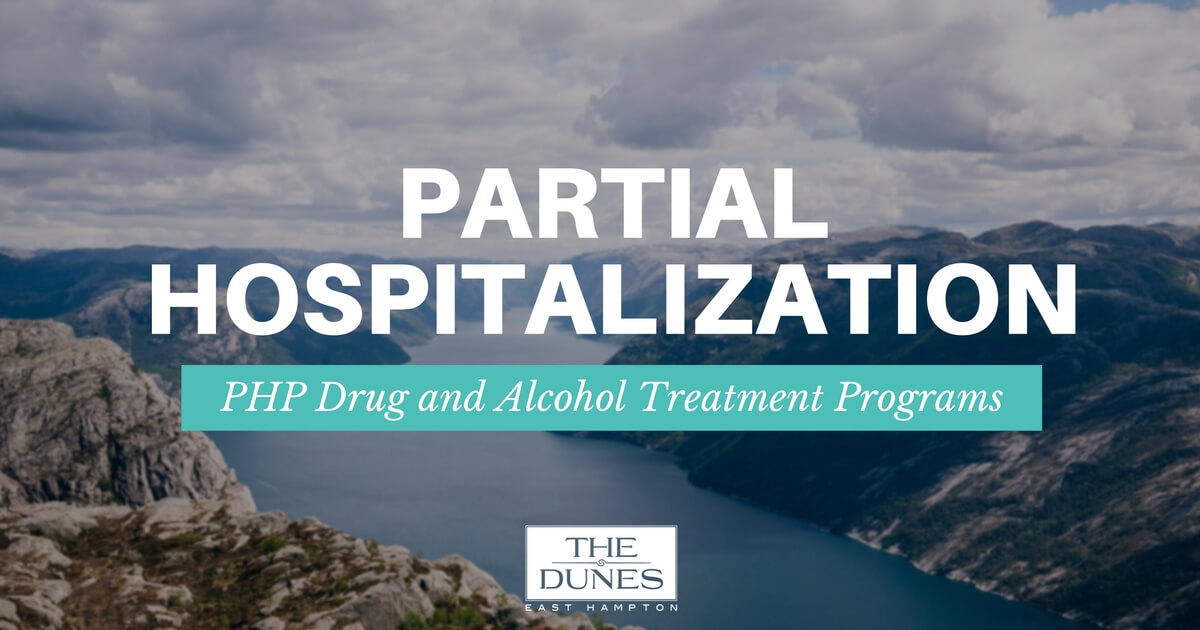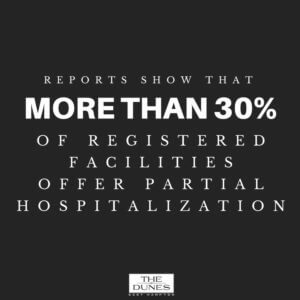
Digging Deeper: What Is PHP Addiction Treatment?
PHPs are specially designed to combine high-quality consistent care without constant monitoring. Patients undergoing PHP receive vital checkups, medication, and therapy daily.
How Do PHPs Work?

Once treatment is completed for the day, patients can leave the facility. Partial hospitalization may not be for individuals who are just beginning the recovery process. It is also not recommended for those with severe addictions who have not made significant progress.
PHPs are also more effective for recovering addicts with families because the patient leaves the facility each day after treatment and can tend to the needs of children or other dependent relatives.
The Structure Of PHPs
Another way PHPs demonstrate flexibility and effectiveness is by adapting to the performance of the patient. The programs are highly concentrated and structured, which helps patients avoid relapse. Individuals who do not progress at an expected rate, fail to attend treatment sessions, or fall back into destructive behaviors, may require returning to full residential care. PHPs are designed to offer patients as much freedom as possible without risking their recovery.
Support Remains On Course
Patients are still guided constantly although they are offered a good deal of freedom with a partial hospitalization program. The facility and staff will emphasize what a delicate phase this is for recovery. They encourage patients to remain on course and to carry out the plan. They also will attempt to prevent any relapses or other negative behavior such as missing meetings.
PHPs also help patients cope with weaknesses – those who drop out or are removed from the program can successfully reintegrate. The infraction becomes part of the treatment program. In many cases, this helps patients find the root causes for such behavior and work more proactively to fix them.
The Course Of Treatment In PHPs
Patients experience the same level of high-quality care as any other program. They are exposed to support groups, individual sessions, family therapy, constructive exercises, and other treatment services. PHPs also allow individuals to relearn how to live on their own without drugs or alcohol – slowly and carefully. Patients are gradually exposed to temptations and allowed to conquer them, much like cognitive behavioral therapy.
The Effectiveness Of PHPs
The National Institutes of Health studied PHPs extensively in 1999, which were proven to be effective. The findings demonstrated that PHPs could lessen symptoms of depression, improve behavior, reduce suicidal feelings, and help patients polish interpersonal relationships. The study also showed a reduced dropout rate of only 12%.
PHPs are becoming increasingly popular. The National Association of Psychiatric Health Systems reports that more than 30% of registered facilities offer partial hospitalization.
Partial Hospitalization Could Be Just What You Or Your Loved One Needs To Start Recovery Today, Contact One Of Our Specialized Therapists Today
CLICK THE LINK BELOW TO GET ON THE ROAD OF RECOVERY TODAY:







